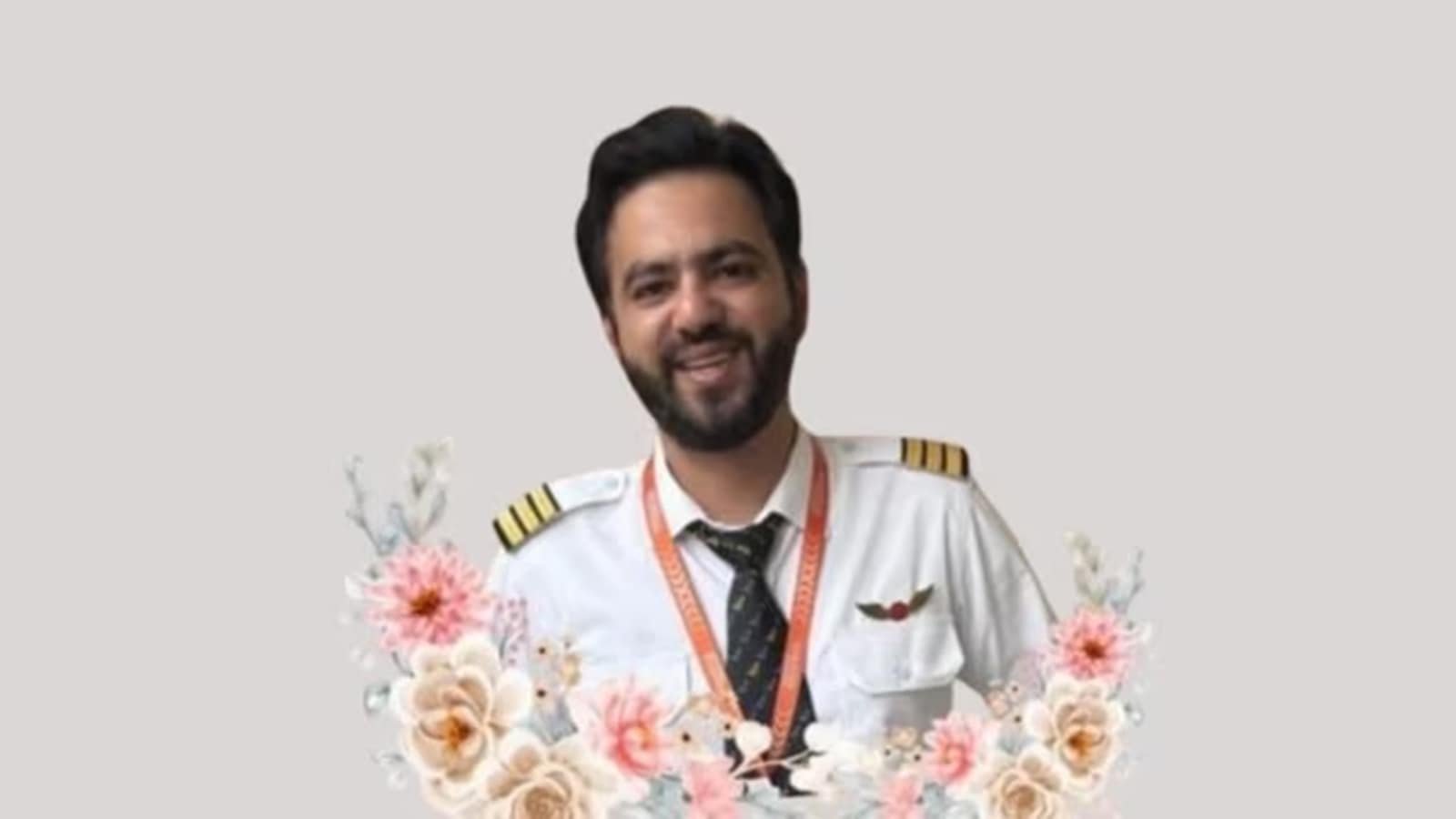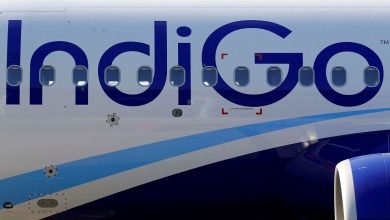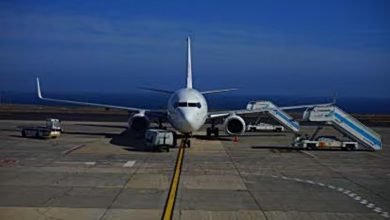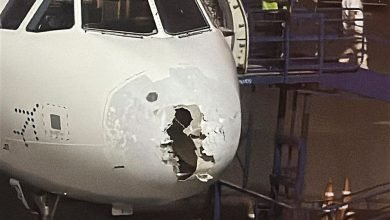DGCA orders probe into Air India Express pilot’s death after cardiac arrest at Delhi airport | Business News

Aviation regulator Directorate General of Civil Aviation (DGCA) has ordered an investigation into the circumstances around the sudden death of an Air India Express pilot due to a cardiac arrest after operating a Srinagar-Delhi flight on April 9. The regulator has also asked the probe panel to examine existing guidelines and circulars related to dealing with such eventualities and suggest changes.
Air India Express first officer Armaan, who was in his 30s, suffered a fatal cardiac arrest at the Delhi airport shortly after operating a flight from Srinagar on April 9. According to sources, he had vomited and collapsed shortly after the plane landed in Delhi. He was first attended to by the Delhi airport medical centre staff, after which he was rushed to a hospital, but did not survive.
The DGCA has formed a two-member investigation panel on the incident and has asked for the probe report to be submitted within six months, per an order issued by the Director General of Civil Aviation Faiz Ahmed Kidwai.
The terms of reference of the investigation include whether the crew reported about the pilot’s sickness to the Delhi Air Traffic Control (ATC) while the aircraft was still in air, and whether the ATC initiated action appropriately, and whether the other crew members took the necessary action. The probe panel will look into the time taken in transporting the pilot to the airport medical centre and then to the hospital, and will also check the level of preparedness of the airport medical centre in handling such emergencies.
This comes amid conflicting accounts on whether the pilot received timely medical attention. While some in the pilot fraternity claimed that no medical team arrived for over half an hour after the ATC was informed of Armaan’s sudden onset of illness, Delhi International Airport Ltd said that the airport’s medical team responded “within 10 minutes” of the emergency.
The probe’s terms of reference also include checking the medical history of the pilot, ascertaining whether due precaution was taken during his rostering by the airline, and if any specific pre-flight medical checks are required for pilots who have flying restrictions due to medical reasons.
There have been a few such incidents in recent years, and pilot unions have been seeking better fatigue management measures and pilot-friendly flight duty time limitation norms and better rest period mandates. To be sure, it is too early to say if this latest incident is related to fatigue in any measure.
© The Indian Express Pvt Ltd




